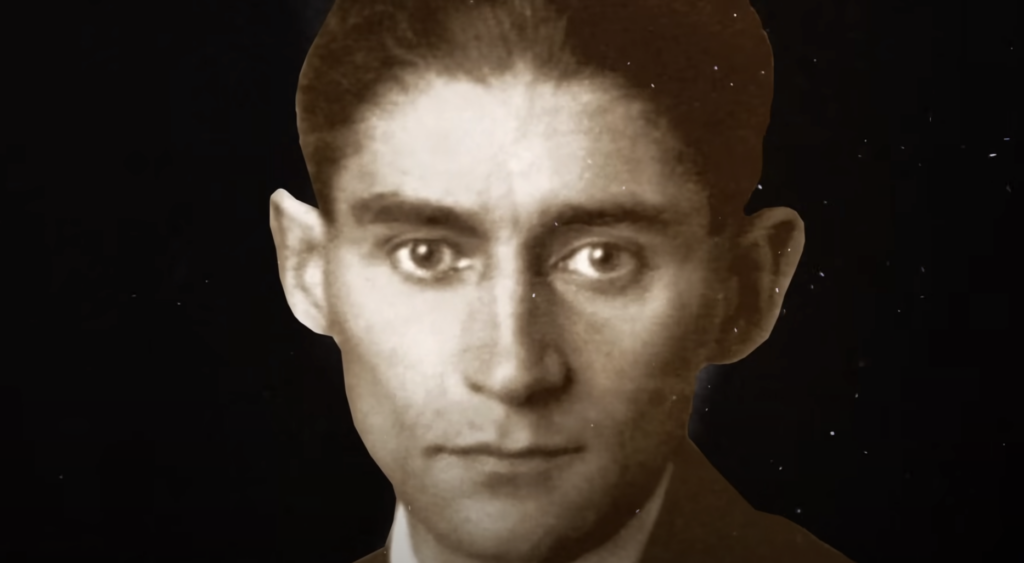
"Kafka's life and work reflect a relentless struggle against bureaucratic absurdity, a theme that echoes in his posthumously published novels, depicting the complexities of human existence."
"Max Brod's decision to publish Kafka's works against his wishes not only secured the author's legacy but also raised ethical questions about the role of friendship and artistic intent."
Franz Kafka, born in 1883 in Prague, faced a challenging upbringing and worked in bureaucracy, which influenced his literary masterpieces such as 'The Trial' and 'The Castle'. Despite his wish for his unpublished works to be destroyed upon his death, his friend Max Brod defied this directive and published them, leading to Kafka's recognition as a significant literary figure of the 20th century. Brod's choices have sparked discussions regarding authorial intent and the responsibilities of literary executors.
Read at Open Culture
Unable to calculate read time
Collection
[
|
...
]